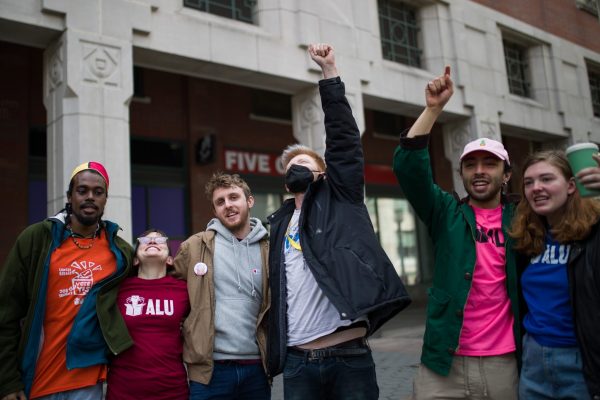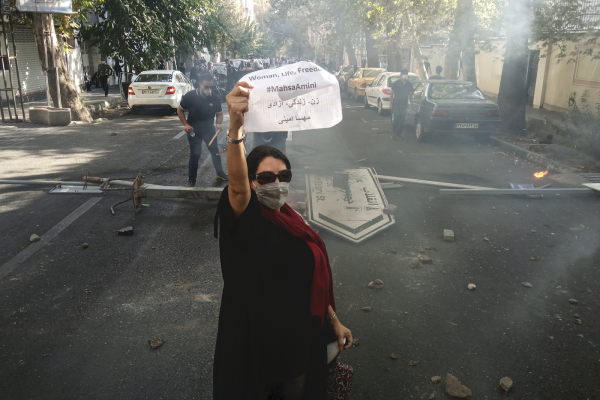Imagining Global Futures
What does a just world look like? This volume begins with a planet beset by accumulating crises—environmental, social, and political—and imagines how we can move beyond them.
Drawing on the legacy of post-colonial struggles for liberation, Imagining Global Futures explores a range of radical visions for a world after neoliberalism and empire. Centered on movements in the Global South, the collection challenges dominant patterns of social and political life and sketches more just and sustainable futures we might build in their place. How can we build a world where people are both freer and more equal? An urgent resource for collective imagination, Imagining Global Futures counterposes thick visions of a better world to our dystopian present.
Editors’ Note
Adom Getachew, Deborah Chasman, & Joshua Cohen
Essays
I was also spat across an ocean
and clung to the edge of an unwilling continent.
Protests in China are shining a light not only on the country’s draconian population management but restrictions on workers everywhere.
In place of public-private partnerships, we should revive the Pan-African ambitions of the green developmental state.
The Global South will suffer the most as colonial legacies, climate change, and capitalism continue to plunge millions into hunger.
The problem isn't new; it's the bordered logic of global apartheid itself.
Sex workers are labor's vanguard. The left ignores them at its peril.
Palestinian women and feminist organizations are reimagining what liberation can look like beyond national independence.
The world never really ended. An apocalypse wasn’t an end so much as a change of state, ice into water.
How a new class of “salts”—radicals who take jobs to help unionization—is boosting the organizing efforts of long-term workers.
From street demonstrations to song, dance, film, and poetry, women are advancing a long legacy of struggle against authoritarianism in Iran.
As Big Tech's data and profit extraction extends the world over, activists in the Global South are pointing the way to a more just digital future.
The vast hinterlands of the Global South’s cities are generating new solidarities and ideas of what counts as a life worth living.
Rare earth mining will disrupt local climate resilience. Who should pay the price?
In Palestine and Kurdistan, promising experiments in self-determination draw on the region’s pluralist history.
Robin D. G. Kelley published his pathbreaking history of the Black radical imagination in 2002. Where are we two decades later?

















